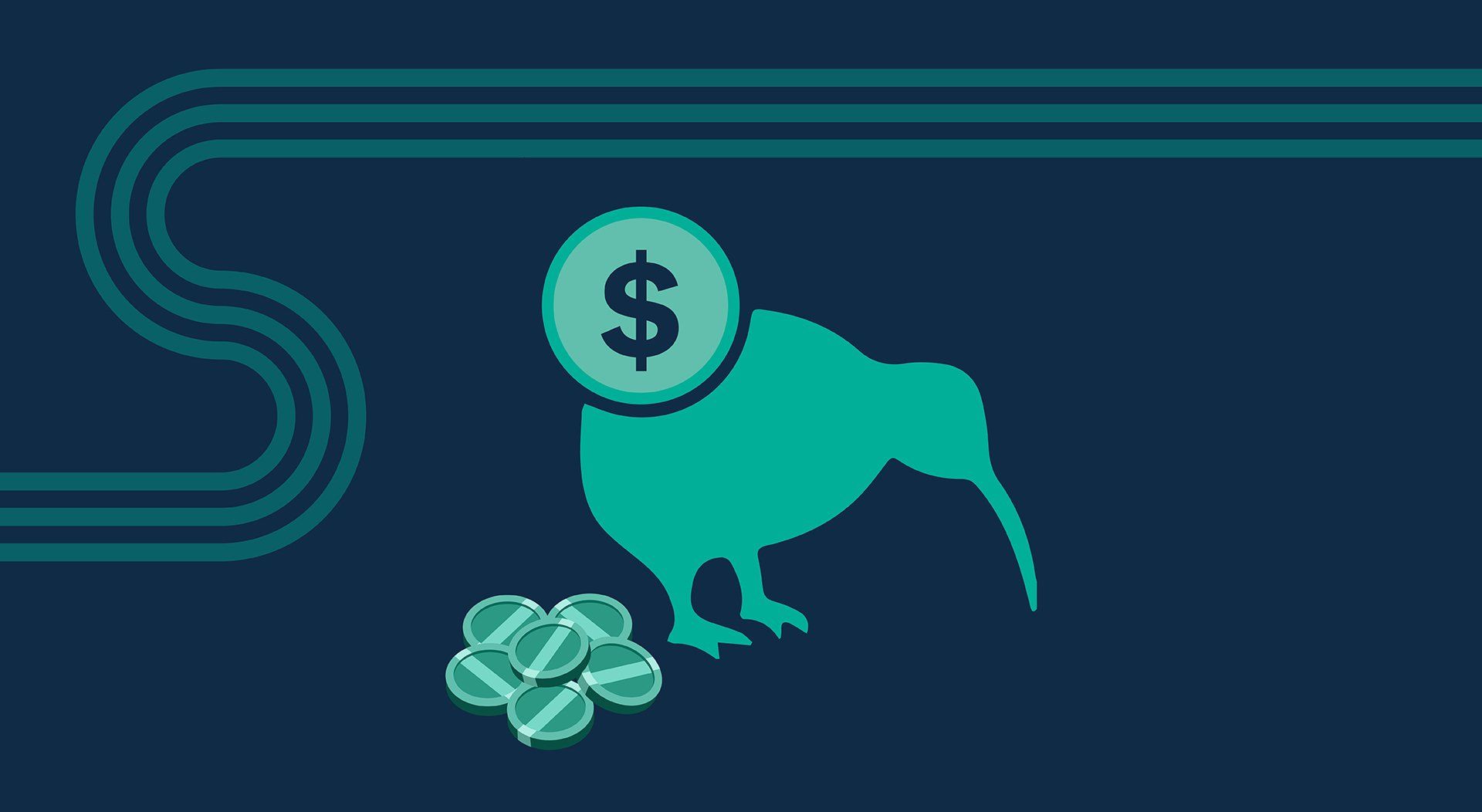How will inflation affect me financially?
At the time this article was written, inflation had reached 6.9% in New Zealand - the highest inflation rate we’ve seen in
over 30 years.
As a result, this is the first time many Kiwis have experienced sharply rising living costs and interest rates. If you’re concerned about how inflation could impact your financial wellbeing, read on to find out how inflation may affect you, and what you need to do to protect your financial future.
What causes inflation?
Inflation is an overall rise in the prices of goods and services. It generally happens due to a shortage of services or products; when there are fewer items available to purchase, suppliers can charge higher prices and the cost of purchasing goes up. For more information, The Reserve Bank of New Zealand has a good explanation of how inflation works.
The current rise in inflation can be largely attributed to the shortage of goods coming into New Zealand due to the impact of Covid-19. As there are fewer products coming into the country, costs have gone up across the board. The war in Ukraine has also pushed up the price of petrol, given the reduction in oil supplied by Russia due to sanctions imposed on them.
At this stage, The Reserve Bank
is forecasting that our current period of inflation has yet to reach its peak. This indicates that it may be some time before our economy stabilises and prices settle.
What does this mean for everyday Kiwis?
New Zealand has enjoyed a buoyant economy for over a decade, with some of the lowest interest rates in the world - so the sudden increase in the cost of living will likely come as a shock for many Kiwis. We can also expect interest rates, mortgage rates, and mortgage repayments to rise.
These cost increases are likely to put pressure on household budgets and mean some belt-tightening is needed.
It’s going to be a challenging time for many New Zealanders, but with the right plan in place, there’s no need to panic. Here’s what you can do to reduce the financial impact in the short term, and give yourself the best chance of riding out the storm with your long-term plans intact.
What should you do?
Stay calm and make a plan
It’s important to assess your situation and make a plan, even if you’re confident that you won’t be heavily financially impacted. Be aware that you may need to adjust your weekly or monthly budget, and that inflation isn’t going to go away overnight.
Don’t be tempted by offers that promise to generate quick cash. Unfortunately, there are plenty of unscrupulous companies trying to profit off inflation concerns, and if a solution seems too good to be true, it probably is.
Ask questions and get support
Inflation is complex, and it can be hard to know what to do - especially when the news is all doom and gloom. If you’re not sure what to do, a chat with a financial adviser can give you peace of mind. By asking some simple questions, you’ll get the information you need to make an informed decision about the best path forward.
Keep an eye on your spending habits
Now is a sensible time to reassess your household budget, and look for areas where you can reduce your spending. Prioritise your spending, separate the must-haves from the nice-to-haves, and shop for bargains where you can.
Once you know you have the essentials covered, you can dip back into discretionary spending.
Don’t panic about your long-term investments
Long-term financial planning is designed to take market volatility into account. If you have a managed investment portfolio, your financial adviser will have carefully calculated your long-term risk and factored in market changes. This creates a smoothing effect, where short-term ups and downs have a minor impact on your long-term investment.
Keep making good investments
If you’re in the position to purchase a home or start investing, don’t put your plans on the back burner. There are always opportunities when the market is low, and if you can master investing in a challenging environment you’ll be in a much stronger position when the economy stabilises.
Thanks to NZFP advisers Karen Lane and Richard McCormick for sharing their insights.







